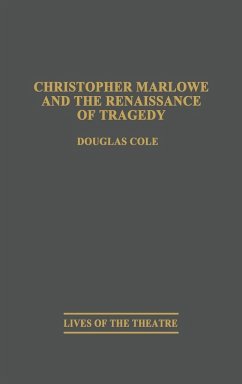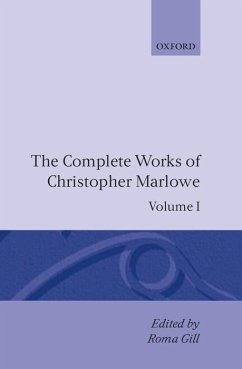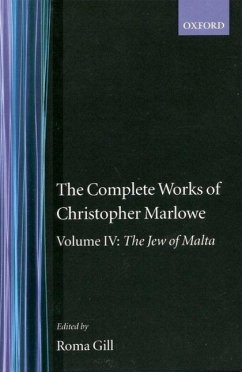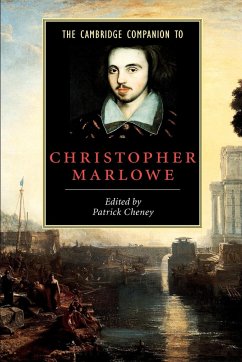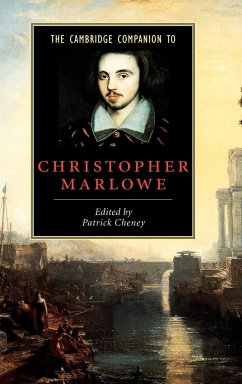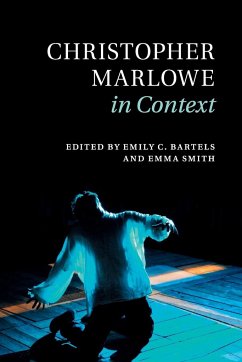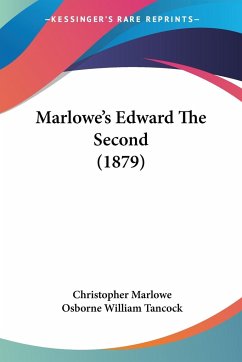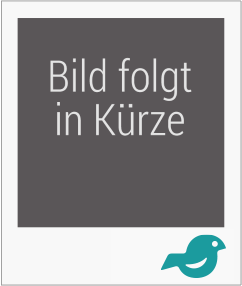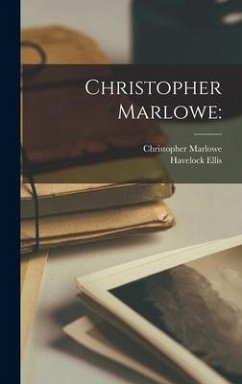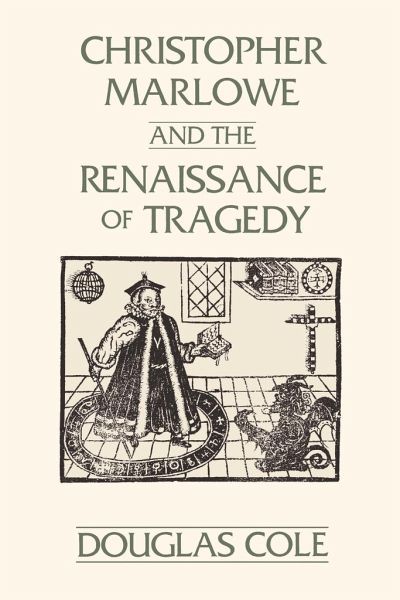
Christopher Marlowe and the Renaissance of Tragedy

PAYBACK Punkte
18 °P sammeln!
This work focuses on Marlowe's works as an index of the major transformation of Elizabethan theatrical practices. In the opening chapter, Cole reviews the unusually intriguing historical record of Marlowe's life outside the theatre. The body of the book addresses Marlowe's individual plays as experiments in extending and redefining the traditional concepts and techniques of tragic drama, and suggests how his contemporaries and followers made use of his innovations. Intended as an introduction to the subject, this book provides an insightful approach to Marlowe's work and the study of Elizabeth...
This work focuses on Marlowe's works as an index of the major transformation of Elizabethan theatrical practices. In the opening chapter, Cole reviews the unusually intriguing historical record of Marlowe's life outside the theatre. The body of the book addresses Marlowe's individual plays as experiments in extending and redefining the traditional concepts and techniques of tragic drama, and suggests how his contemporaries and followers made use of his innovations. Intended as an introduction to the subject, this book provides an insightful approach to Marlowe's work and the study of Elizabethan thought and theatre.



